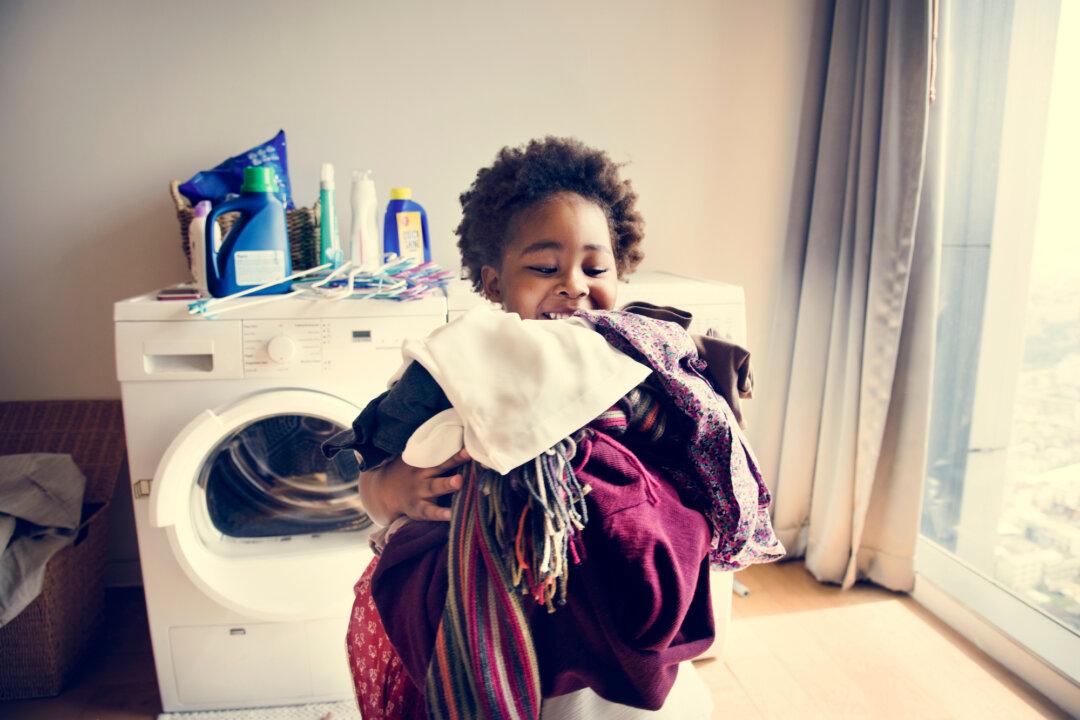If we’re serious about returning common sense to America, then we must move beyond these busybodies (and our own fears) and start encouraging a society in which children are given more responsibility and independence at younger ages.
How young is too young for a child to be running errands? That question is prompted in large part by the Netflix show “Old Enough!” which features Japanese preschoolers running errands for their parents.
Annie Holmquist is a cultural commentator hailing from America's heartland who loves classic books, architecture, music, and values. Her writings can be found at Annie’s Attic on Substack.
Author’s Selected Articles






